French Vocal Literature
French Vocal Literature
Repertoire in Context
Georgine Resick
ROWMAN & LITTLEFIELD
Lanham Boulder New York London
Published by Rowman & Littlefield
A wholly owned subsidiary of The Rowman & Littlefield Publishing Group, Inc.
4501 Forbes Boulevard, Suite 200, Lanham, Maryland 20706
www.rowman.com
Unit A, Whitacre Mews, 26-34 Stannary Street, London SE11 4AB
Copyright 2018 by Georgine Resick
All rights reserved . No part of this book may be reproduced in any form or by any electronic or mechanical means, including information storage and retrieval systems, without written permission from the publisher, except by a reviewer who may quote passages in a review.
British Library Cataloguing in Publication Information Available
Library of Congress Cataloging-in-Publication Data
Name: Resick, Georgine, author.
Title: French vocal literature : repertoire in context / Georgine Resick.
Description: Lanham : Rowman & Littlefield, [2018] | Includes bibliographical references and index.
Identifiers: LCCN 2017036154 (print) | LCCN 2017037047 (ebook) | ISBN 9781442258457 (electronic) | ISBN 9781442258433 (hardcover : alk. paper) | ISBN 9781442258440 (pbk. : alk. paper)
Subjects: LCSH: Vocal musicFranceHistory and criticism.
Classification: LCC ML1427 (ebook) | LCC ML1427 .R47 2018 (print) | DDC 782.00944dc23
LC record available at https://lccn.loc.gov/2017036154
 The paper used in this publication meets the minimum requirements of American National Standard for Information SciencesPermanence of Paper for Printed Library Materials, ANSI/NISO Z39.48-1992.
The paper used in this publication meets the minimum requirements of American National Standard for Information SciencesPermanence of Paper for Printed Library Materials, ANSI/NISO Z39.48-1992.
Printed in the United States of America
In memory of Flore Wend, who set me on this path.
Acknowledgments
I would like to acknowledge the extra help and resources of the University of Notre Dame Library, particularly Interlibrary Loan Services, music librarians Robert Simon and Tiffany Gillaspy, and the generous support from the University of Notre Dames Institute for Scholarship in the Liberal Arts. My heartfelt thanks to Paul Appleby, Rembert Herbert, Steven Huebner, Stephen Lancaster, Laura Portune, and Michael Strasser, who gave me so much valuable time and vital feedback. Special thanks to Camilla Tassi for her expert and generous help in building the companion website. My gratitude to the students in my French Vocal Literature course over the years, who may not have realized I was using them as guinea pigs. Above all, thanks to Jim, without whose unflagging patience and support I could never have written this book. It takes a village...
Musical Abbreviations
B | bass |
Bar | baritone |
bass cl | bass clarinet |
bsn | bassoon |
cl | clarinet |
col S | coloratura soprano |
dble bass | double bass |
dr S | dramatic soprano |
fl | flute |
H-C | haute-contre |
instr | instruments |
med vc | medium voice |
M-S | mezzo-soprano |
orch | orchestra |
org | organ |
perc | percussion |
picc | piccolo |
pno | piano |
S | soprano |
sax | saxophone |
T | tenor |
vc | voice |
vln | violin |
Introduction
I t is easy for performers to become mired in the well-trodden rut of standard repertoire. More than a hundred years ago, Gabriel Faur despaired of those who presented always the same eight or ten pieces. Happily, the realm of musical performance has progressed beyond this narrow scope, though it has had its fads as well as spectacular oversightsa case in point being the music of Marc-Antoine Charpentier, which for two centuries lay largely unperformed before being rediscovered by Saint-Sans. In our time, music of underperformed composers and even of entire eras has been republished in modern critical editions. This book argues a case for a similar restoration of French song literature.
French vocal music is often underrepresented in performance canons and musical anthologies, due at least in part to a faulty perception that it is endemically saccharine or that only a handful of French composers (Faur, Duparc, Debussy, and Poulenc) wrote performance-worthy songs. In fact, the French vocal repertory harbors untold treasures of music and masterful poetic settings that warrant the performers consideration. Thus, alongside the standard nineteenth- and early-twentieth-century repertoire, French Vocal Literature treats lesser-known works of established composers as well as those of forgotten or neglected composers. Overlooked genres, such as the seminal troubadour and trouvre songs, the seventeenth-century airs de cour , the striking eighteenth-century cantatas, the graceful romances preceding the mlodie , and the highly original late-twentieth-century genres all deserve a place on the concert platform.
French Vocal Literature focuses on repertoire for solo voice with piano or organ accompaniment or with a small instrumental ensemble. It presents vocal literature in a broad range of styles from twelfth-century troubadour songs to works of the present day. While not musicological in focus, this book places all musical material within the context of wider artistic trends and movements (primarily in poetry, literature, dance, painting, and the decorative arts) and concurrent political and social milieux pertinent to musical evolution. Each entry lists the song title and its translation, poet, appropriate fach or f cher , and date of composition. Starting in the mid-nineteenth century, mlodies have been routinely published in multiple keys, so from that period onward, fach designations are omitted unless specified by the composer. Each new term appears in bold font, followed by a short translation or definition. French and musical terms appearing more than once are defined in a glossary. This book is not a performance guide, nor does it provide the correct pronunciation or translation of complete song texts, many of which are readily available elsewhere. Polyphonic works (constituting the bulk of French vocal music of the late fifteenth and sixteenth centuries) are not addressed. Opera is discussed only when it was a driving force in musical evolution. It is my hope that bringing context to the works chosen will stimulate the reader to further explore a vast and marvelous repertoire.
French Vocal Literature is intended to serve the professional singer, vocal coach, voice or music literature teacher, and voice student. The material is organized to permit its use as a teaching guide over the course of a semester. An ample range of repertoire choices and contextual material is presented for class use. Discrete eras and their music are in most cases neatly divided into chapters; however, due to cultural overlap and the careers of a few very long-lived composers, one era might be treated over several chapters from multiple points of view.
French composers in particular have traditionally shown a great interest, not only in literature, but also in the other arts, and have been more articulate than those of other nations and more in touch with current cultural trends. Developments in the French artistic milieu were very often responsive to salient events in political or social culture, such as historic shifts in religious affiliation, polarizing events, and the impact of revolution in a sister discipline (painting in the late nineteenth and early twentieth centuries, for example). Further, the passion of the French for cultural and political argument has often led to public musical disputes involving nonmusicians, thus indicating the importance of music to the French layman. Add to these considerations the fact that, in France, art, particularly music with text, was repeatedly conscripted to support a regime or a political position, and the need for a broader understanding becomes crucial.
Next page
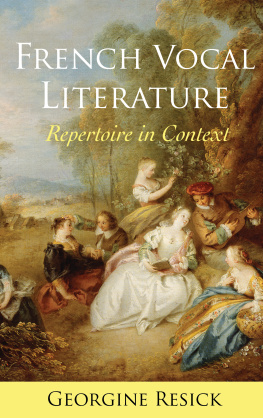

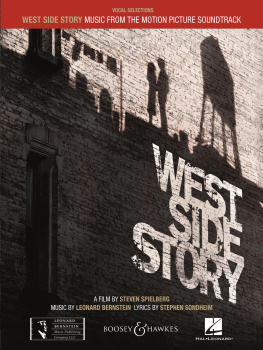
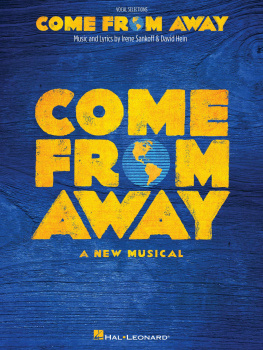

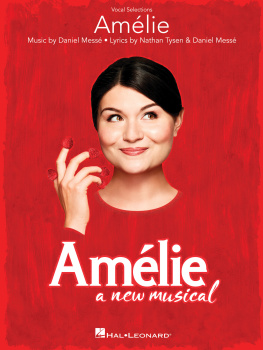
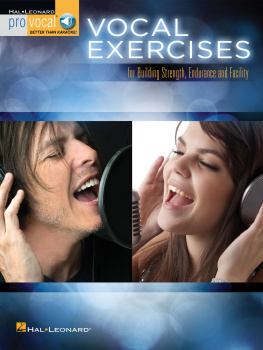
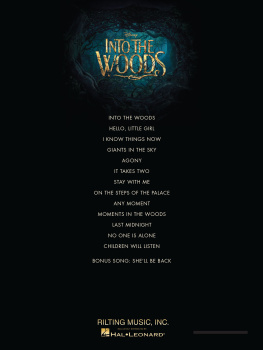
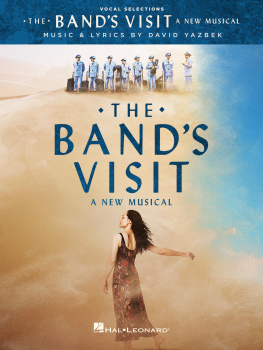
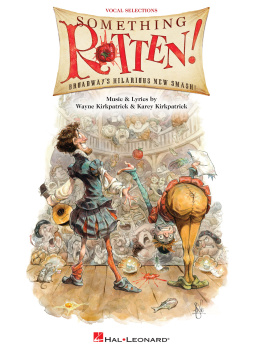
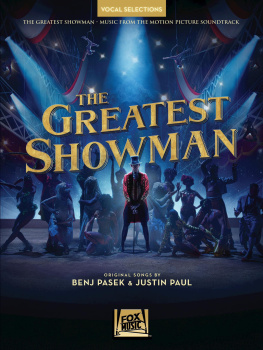
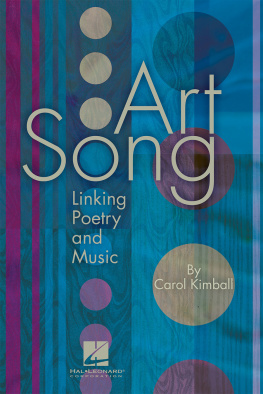
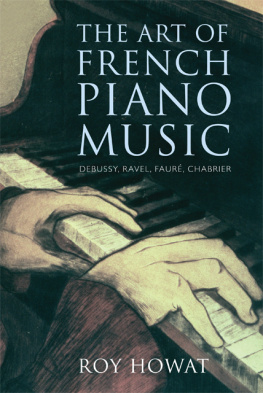
 The paper used in this publication meets the minimum requirements of American National Standard for Information SciencesPermanence of Paper for Printed Library Materials, ANSI/NISO Z39.48-1992.
The paper used in this publication meets the minimum requirements of American National Standard for Information SciencesPermanence of Paper for Printed Library Materials, ANSI/NISO Z39.48-1992.